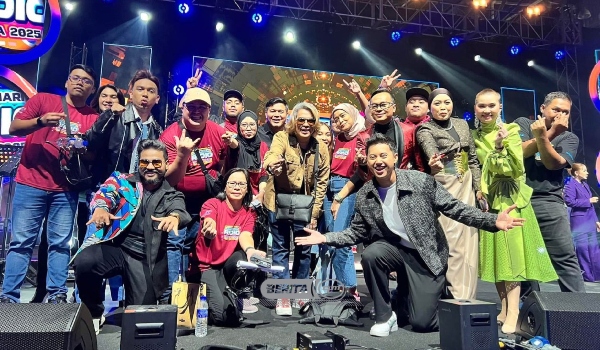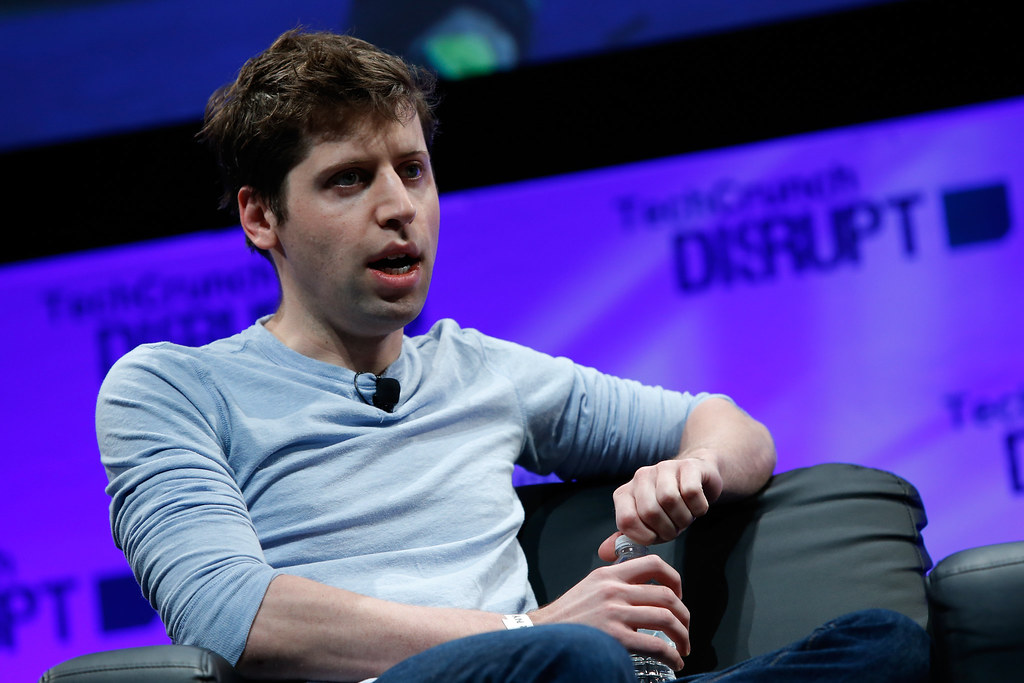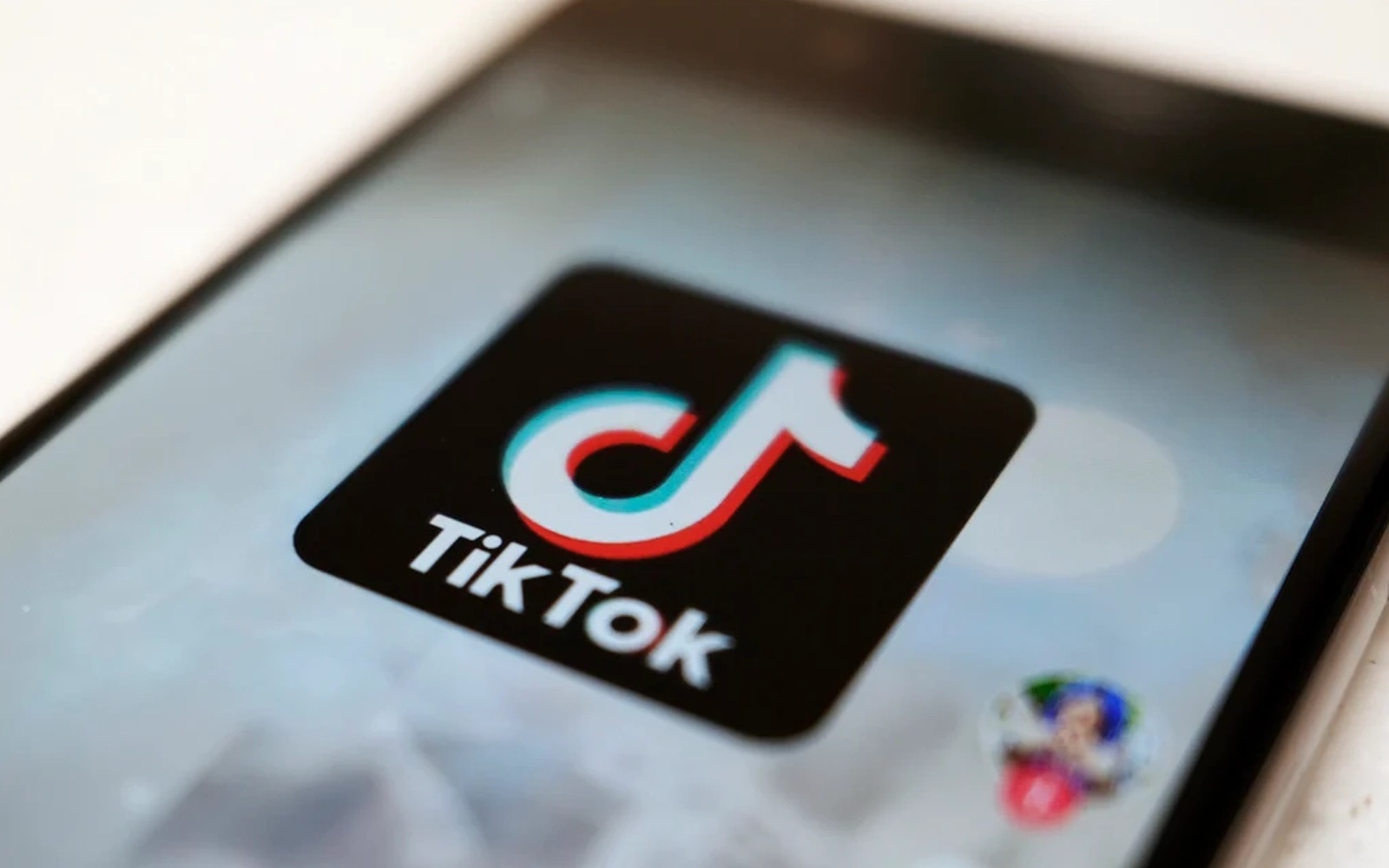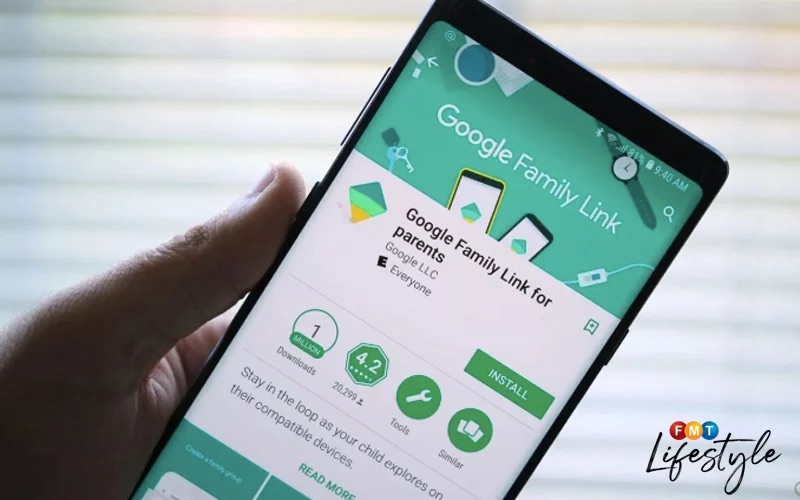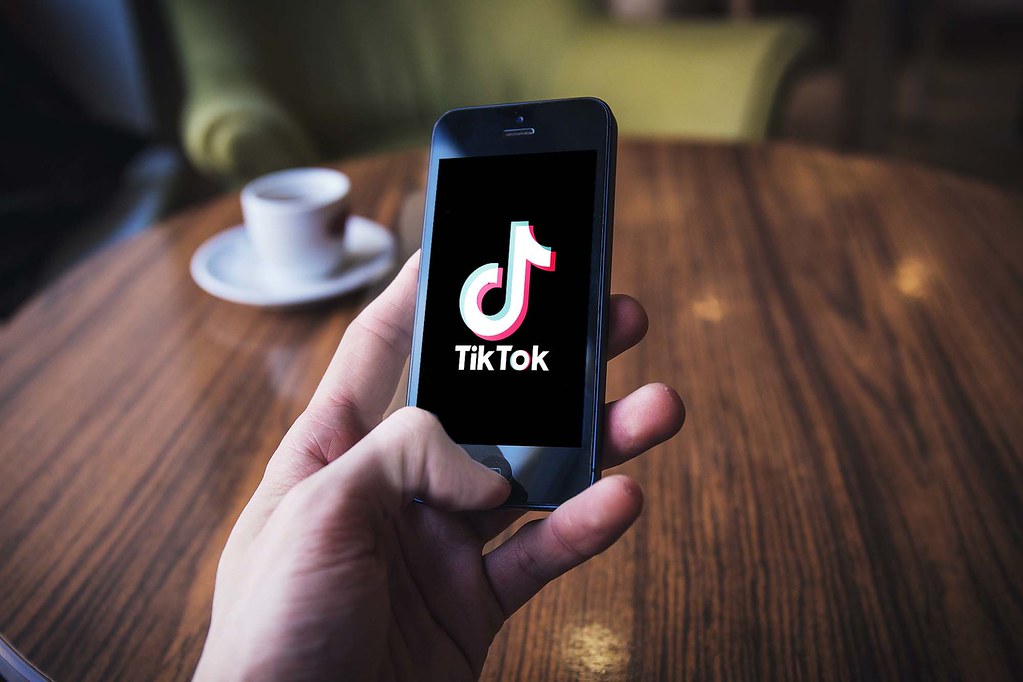TikTok has made a return to the Apple App Store and Google Play Store in the United States as of January 19, following its removal on January 18. This development comes after President Donald Trump signed an executive order granting ByteDance, TikTok’s parent company, a 75-day window to sell the app to a U.S. entity to avoid a permanent ban. The reappearance of TikTok, along with other ByteDance apps like CapCut and Lemon8, offers a temporary reprieve while the company’s future remains uncertain.
Other ByteDance Apps Also Restored
On January 18, in compliance with the executive order, both Apple and Google removed TikTok from their respective app stores. This move left users who had uninstalled the app unable to re-download it. However, TikTok urged Android users to sideload the app from its website as an alternative measure. The next day, services began to be restored for existing users, allowing them to access the app despite its absence from app stores.
In an unusual move, Apple published a support document detailing the removal of TikTok but later deleted it. The document’s removal has added another layer of intrigue to this ongoing situation. Meanwhile, data from Cloudflare Radar, reported by CNBC last month, indicated that TikTok’s traffic had been restored to nearly 90% of its pre-ban levels.
President Trump’s decision to grant ByteDance a 75-day lifeline requires the company to sell TikTok to a U.S. entity by the specified deadline. Trump has expressed a desire for the U.S. to hold a 50% stake in TikTok through a joint venture with other companies. This directive places significant pressure on ByteDance, which must navigate complex negotiations to secure TikTok’s future in the U.S. market.
Author’s Opinion
The restoration of TikTok to Apple and Google’s U.S. app stores reflects the ongoing complexities surrounding the app’s national security concerns and its place in the digital landscape. While the app has faced political challenges, the continued uncertainty surrounding its ownership and potential sale adds to the tension between technological innovation and political influence. This situation highlights the balancing act between national security concerns and the undeniable popularity of platforms like TikTok, which have become integral to modern digital culture. The eventual resolution of this issue could set a precedent for how tech giants navigate geopolitical tensions in the future.




